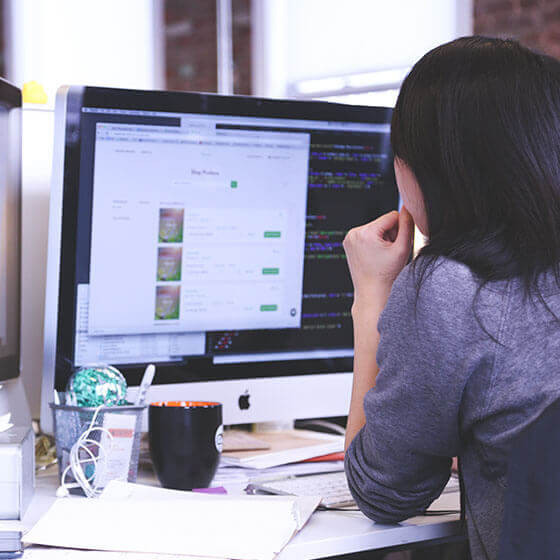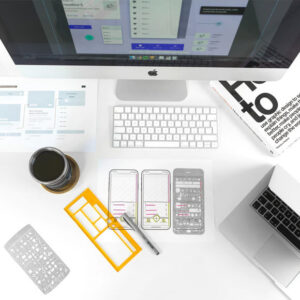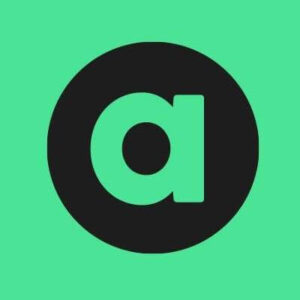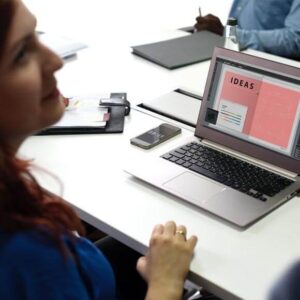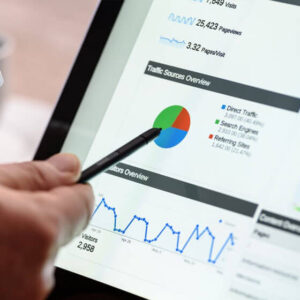A web designer has a tough job. He or she needs to translate your vision and your company’s ethos into a great-looking website that really works. A web designer needs to balance aesthetics and user-friendliness with search engine optimisation (SEO) and future-proofing. It can be a big ask, but that’s why they’re the experts.
However, choosing the right web designer can be crucial to the success (or failure) of your website. You and your designer need to understand each other, and this means asking the right questions from the start. There are also several things you need to know about your designer’s approach before the project starts.
Here are the essential things that you and your new web designer need to be on the same page about from the start:
- The timescale. How long the project will realistically take is a crucial issue that needs to be decided right at the start. You can agree a contingency in case of unexpected hitches, but you must have a deadline for completion for everyone to work to.
- Websites you both admire. A great starting point for any conversation between website designer and client is to look at and discuss websites that you admire. Look at the style, functionality and navigation of sites within your own market segment, pointing out what you like and what you don’t. This can help to build a brief for the designer to work from.
- Key goals and aims. Your obvious goal is to end up with a website that looks great and works well, but you should have other targets in mind. For example, increasing conversions, raising brand awareness or marking a change of direction for the brand.
- Technical considerations. If you know of anything that may hinder the web design process, such as an in-house server you already use for hosting, for example, this is one of the crucial things you need to tell your web designer. They need to know the limitations to what they can or can’t do, as well as what environment they’re working in.
- Extra costs. If the project takes longer than expected or a problem is thrown up, who will cover the extra cost of the delay? Pricing and hidden costs need to be completely clear from the start, so don’t be afraid to ask questions and get confirmation on things you aren’t sure about.
- The team. You may have a main point of contact, but who else will be working on the project? You need to at least meet and have a brief chat with the team who will be designing your new website, so you can be sure you understand each other.
- Changes. You might very well want to change things or add features as you go along, or even when the project is finished. This might not be ideal for your web designer, but you at least need to have a conversation about it.
If you’ve recently had a new website designed, what do you think was the most crucial aspect of the designer-client relationship?
